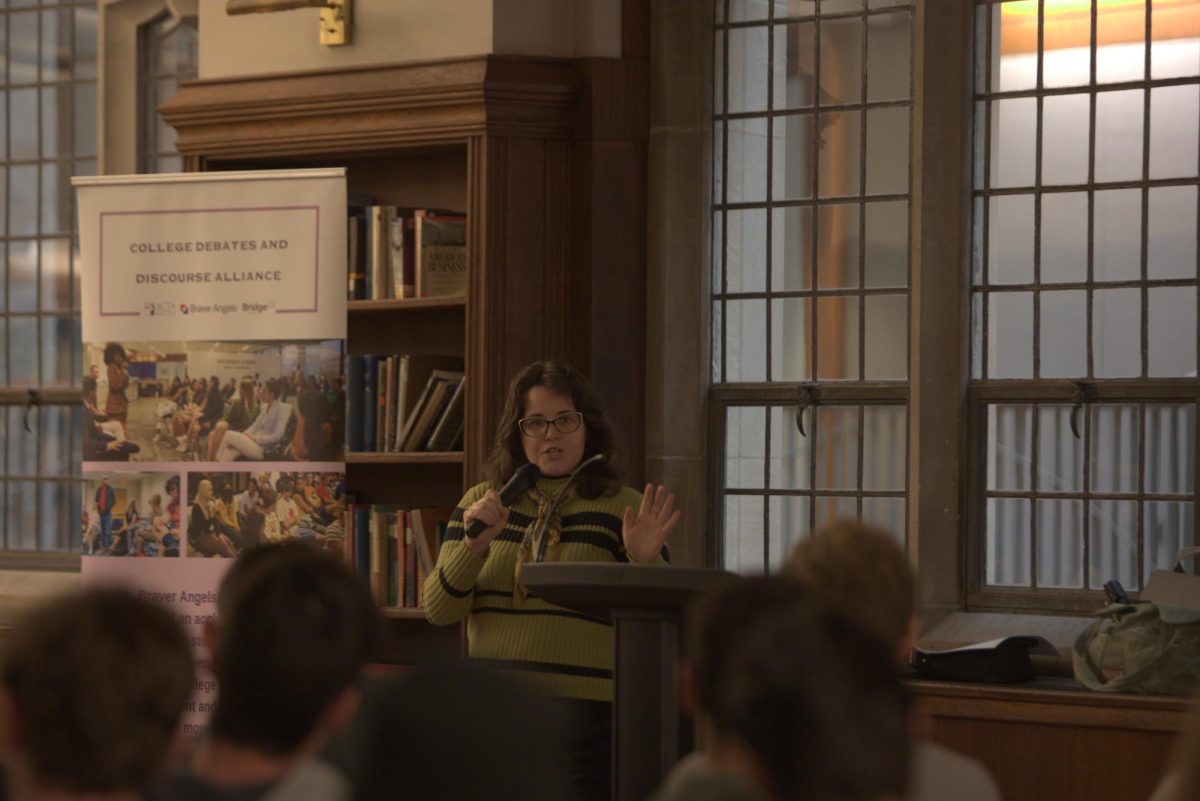In September 1969, Boston College launched a Black Studies program in response to months of advocacy by the newly created Black Forum. Fifty years later, the program—renamed African and African Diaspora Studies (AADS) in 2006—will be offered as a major.
Provost and Dean of Faculties David Quigley announced the change at Faculty Convocation on Wednesday. Students have been able to pursue a minor in the subject since 1985.
AADS includes the history and culture of African and African-descended peoples across the world through a broad range of academic lenses, including history, sociology, art, literature, and theology.
“Although AADS has evolved since its founding in order to more fully incorporate the global characteristics and processes of the African diaspora, we still continue in the tradition of our first director, Amanda V. Houston, who was dedicated to not only educating the next generation, but inspiring that generation to work for justice,” program director C. Shawn McGuffey said in an email to The Heights.
The new major will consist of 10 courses: “Introduction to African Diaspora Studies,” a four-credit Senior Seminar, and eight elective courses, according to McGuffey.
“Four of those elective courses must be Black Atlantic courses,” McGuffey said in the email. “Black Atlantic courses are those that have a global framework that puts different geographical regions of the world in conversation with one another within the African Diaspora.”
There will be two primary tracks of study for AADS majors: Intellectual Traditions and Cultural Production, which will “examine Black intellectual traditions, expressive forms, and modes of cultural analysis and cultural criticism,” McGuffey said in the email. The Politics and Social Inquiry track will “examine the development of institutions, measure inequality, and identify societal patterns,” according to McGuffey.
In his convocation speech, Quigley said that the interdisciplinary nature of AADS made it a strong candidate to receive more presence on campus as the University pivots to expanding its offerings.
“Our faculty are pioneers in interdisciplinary and multidisciplinary scholarship and our rigorous curriculum will provide students the tools to analyze information that will not only prepare them for the jobs of today, but for the jobs that have yet to be created,” McGuffey said in the email.
Recently, the University hired new AADS faculty through “joint appointments,” in which other departments sought out candidates who would work in the AADS department as well. The University has not yet made a decision about how AADS hiring will proceed in the future, Quigley said in an email to The Heights.
The major will admit 15 students this year, 17 next year, and 20 in each of the following two years, according to McGuffey. He also said that current minors will have priority in the application process.
Update (9/6/19 4:00 p.m.): C. Shawn McGuffey provided additional information about major requirement and study tracks.
Featured Image by Ikram Ali / Heights Editor



















